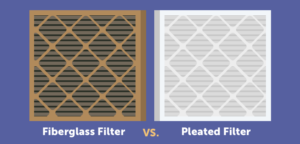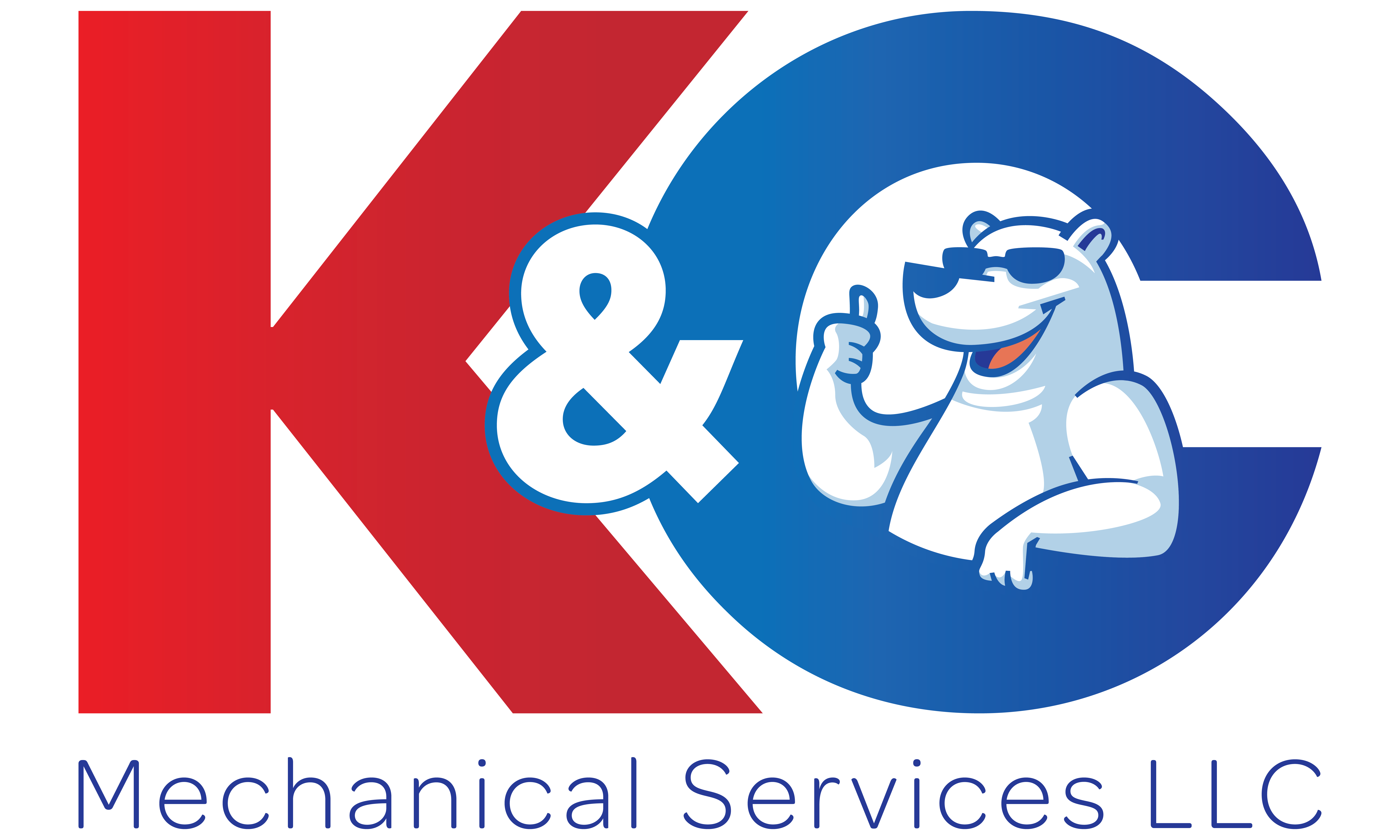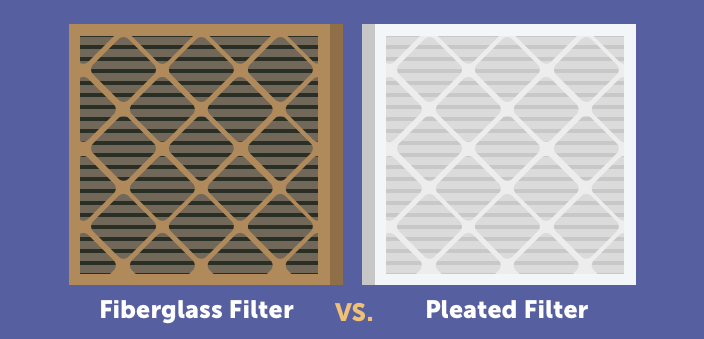Fiberglass Air Filters vs. Pleated Air Filters
What’s the difference between these two types of air filters and which one’s right for you
Homeowners don’t always know where to start when it’s time to choose an air filter. Because there are several types available at most stores, it’s easy to base your buying decision just on price alone. However, while the cheaper fiberglass air filter might seem like a smart idea for your budget, it may not always be the best choice for your home or your family’s health.
To determine which is the best air filter for your home furnace or air conditioning unit, you’ll need to consider a few things:
- Price: How does the cost of the filter fit into your budget?
- Frequency: How often do you need to replace it?
- Quality: How well-made is the filter’s made? What is it made out of?
- MERV rating: Will it trap all the particles you need to be filtered in your home to improve air quality?
Comparing the Two Most Common HVAC Filter Types
Fiberglass Air Filters
Pros
- Inexpensive: You’ll easily find fiberglass filters for a few dollars or less.
- Catch larger debris: Lint and dust are captured easily by fiberglass.
- Airflow: New fiberglass filters will not impede airflow. However, if you don’t change your fiberglass air filter monthly, it may become clogged and impede airflow, which will create issues for your unit.
Cons
- Frequency: Fiberglass air filters need to be replaced every 30 days.
- Quality: An especially flimsy fiberglass filter can come apart in your system, causing serious damage, as well as putting any filtered debris back into the air.
- Less filtering capability: Because they don’t have a lot of surface area, they don’t filter out smaller items like pollen, bacteria, and viruses. This makes them a poor choice for people who suffer from allergies, asthma, and other sensitivities.
- Not recyclable: Fiberglass is not a recyclable material, and because you must replace fiberglass filters more often, you’ll be sending more trash to the landfill.
Pleated Air Filters
Pros
- Catch more debris: Pleated air filters have more surface area, so they capture more – and smaller – debris. Depending on the MERV rating, they may filter out pollen, pet dander, bacteria, and some viruses. This makes a pleated air filter a much better choice for anyone with allergies, asthma, or similar sensitivities.
- Frequency: Pleated filters can last up to 90 days before they need to be replaced, depending on the time of year and the environment in your home or business.
- Recyclable: Pleated air filters may be recyclable in your community. Check with your local authorities to confirm.
Con
- Price: Pleated air filters may cost a little more – ranging from $5 to $15 – but they are a good example of getting what you pay for.
We choose: Pleated
Due to their efficiency, sustainability, and cost-effectiveness, pleated filters beat fiberglass filters in almost every way!

*Info from FilterKing

